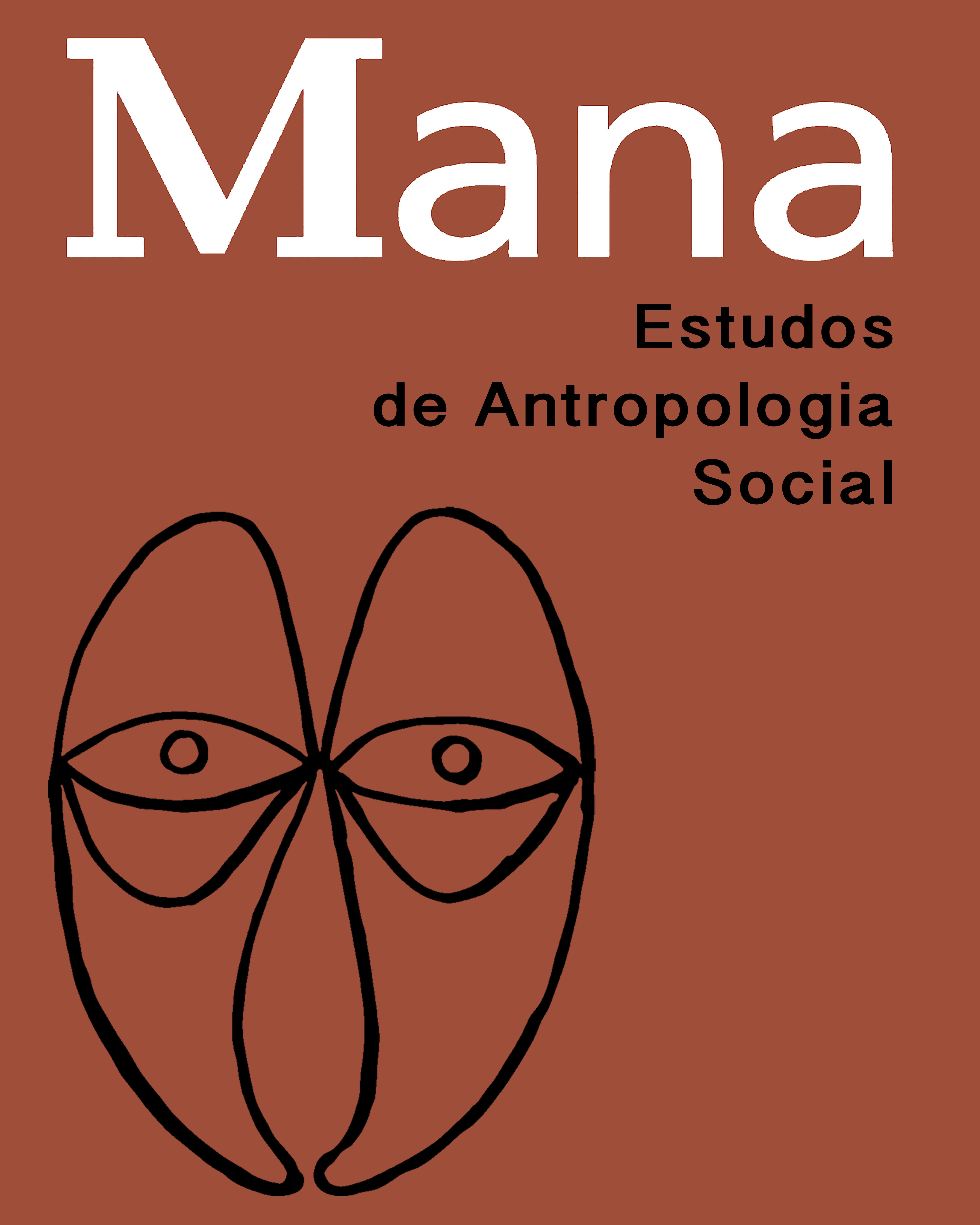How do we explain the survival of a non-institutionalized form of credit in modern France’s fully developed economy? Consulting the files of a small textile and clothing shop catering for workers from the Northern French mining basin - from the 1930s to the present day - allows us to compile a sociological profile of its clientele and, at the same time, investigate the forms of direct credit provided by the store owner to his customers. This over-the-counter credit between the Jewish trader and the Polish Catholic workers evades public control. Condemned as both usurious and economically irrational by public authorities since Liberation, this type of consumer credit nonetheless prospered as late as the 1970s by exploiting the loopholes in contemporary juridical and financial regulations - a practice founded on long-term mutual trust and on the control exerted by groups and interpersonal relations (family, neighbours, friends…), blended with the multiple interactions between people from similar migratory backgrounds. Sharing the same language and familiar with the patterns of consumption of Catholics - the ostentatious purchases of working class Poles - ensured the dependence of these clients on store owners who, for their part, provided access to luxury goods.
Consumer Credit; Working Class Categories; Immigration; Small Merchants; Door-to-Door Sales


